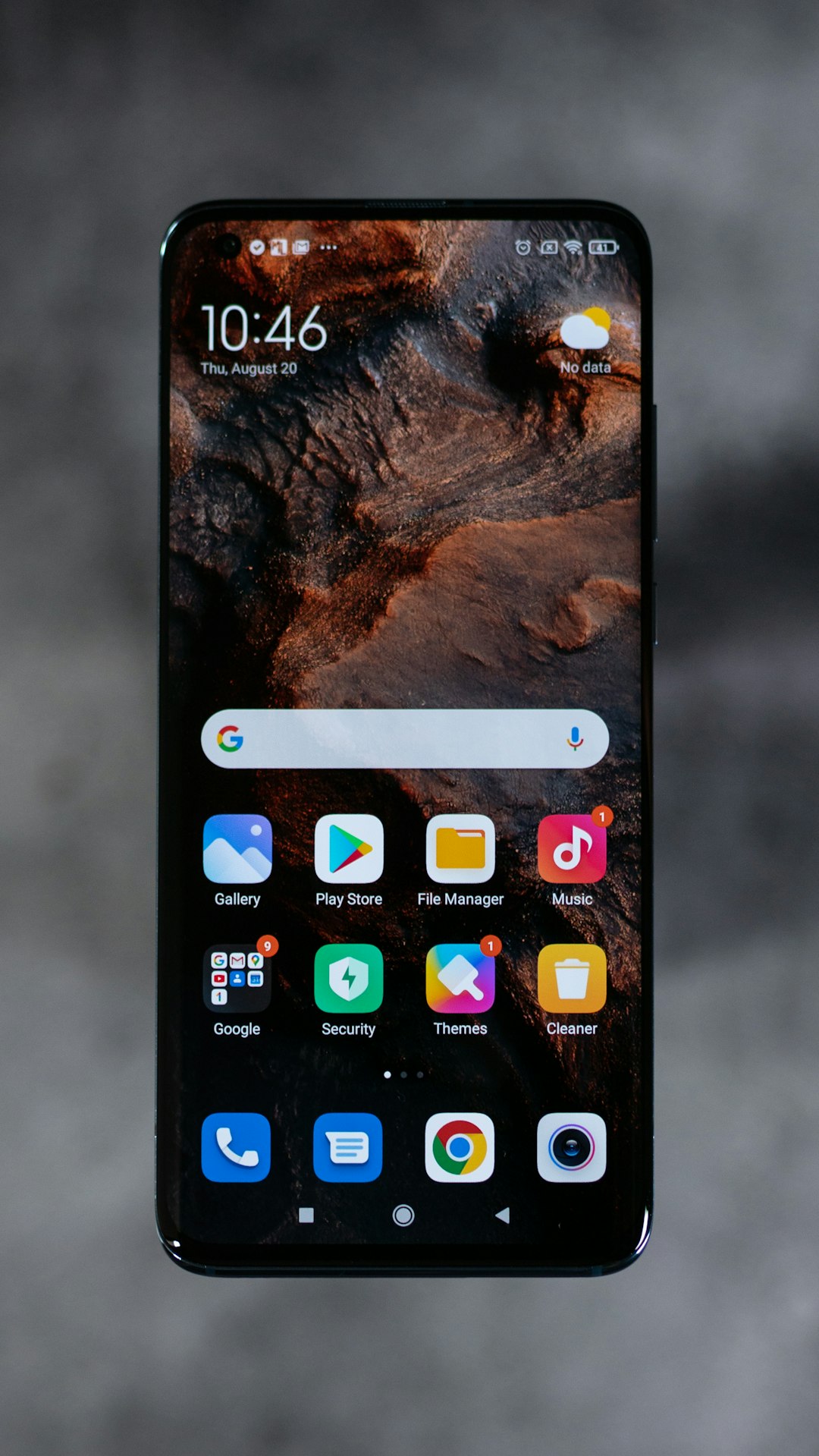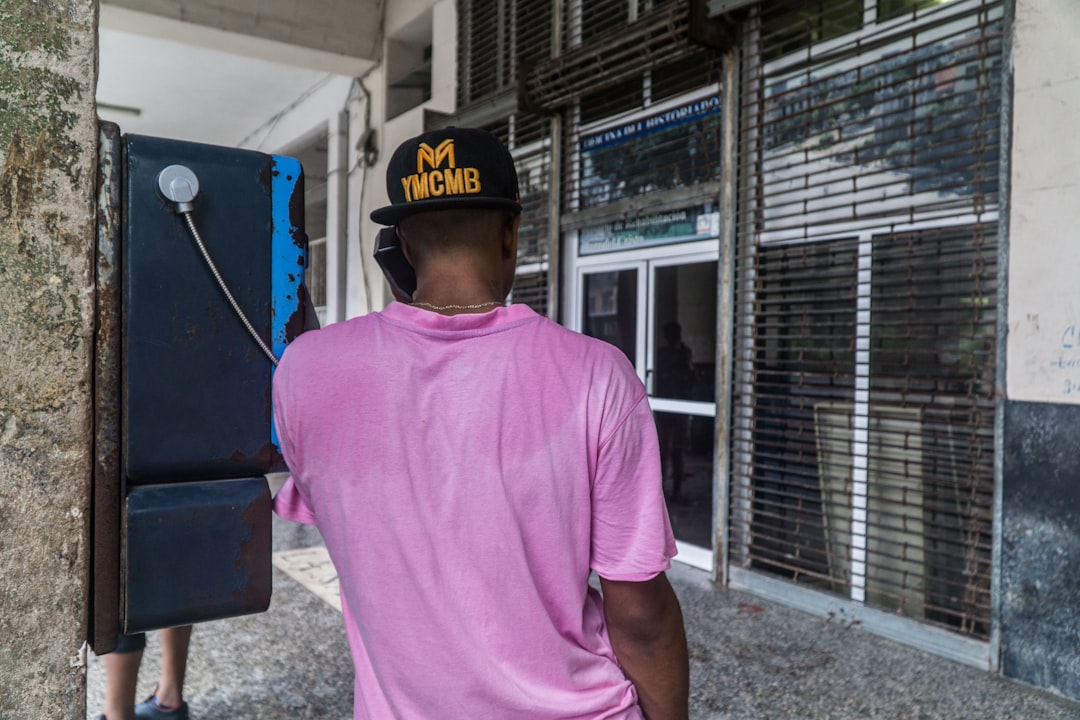Robocalls are a pervasive issue in South Bend and across the nation, ranging from harmless marketing to fraudulent attempts. While Indiana laws protect consumers from excessive or deceptive robocalls, enforcement is challenging. Advanced call blocking apps using machine learning algorithms assist residents. The Telephone Consumer Protection Act (TCPA) restricts telemarketing calls without prior consent, enabling legal action under Can I Sue For Robocalls Indiana with proven unwanted calls. Combating robocalls requires a mix of Do Not Call registries, technology, and robust legal framework to create a safer communication environment for South Bend residents.
“In South Bend, Indiana, like many areas across the nation, robocalls have become a persistent nuisance. This article delves into the pervasive impact of automated calls on the city’s residents and explores effective solutions to combat them. We analyze the role of technology in blocking unwanted calls, dissecting legal options available under Indiana laws, including the potential for suing robocallers. Additionally, we present community-driven strategies and glimpse into future technologies aimed at eradicating fraudulent and irritating automated calls.”
Understanding Robocalls and Their Impact in South Bend, Indiana

Robocalls have become a ubiquitous and often unwanted part of daily life in South Bend, Indiana, and across the country. These automated phone calls, typically used for marketing purposes, can range from harmless sales pitches to more insidious attempts at fraud or identity theft. The sheer volume of robocalls can be overwhelming, leading to frustration and a disruption of peace and quiet for many residents. In South Bend, as in many urban areas, the influx of these automated calls has significantly impacted the quality of life, prompting concerned citizens to wonder if they have legal recourse against this nuisance.
The impact of robocalls extends beyond mere annoyance; it can lead to financial loss, especially when individuals fall victim to fraudulent schemes disguised as legitimate calls. In Indiana, as in many states, laws exist to protect consumers from excessive or deceptive robocalls, including restrictions on when and how such calls can be made. While these measures help mitigate the problem, enforcement and recourse for victims remain challenging. For those who feel they have been wronged by robocalls, understanding their legal options—including the possibility of seeking compensation through a Can I Sue For Robocalls Indiana action—is an important step in reclaiming control over their communication channels.
The Role of Technology in Blocking Unwanted Calls

Technology plays a pivotal role in combating the deluge of robocalls, providing South Bend residents with powerful tools to regain control of their phone lines. Advanced call blocking applications and software have emerged as effective defenses against unwanted telemarketing calls. These innovative solutions employ sophisticated algorithms and machine learning capabilities to identify and block robocalls before they reach your handset. By analyzing patterns and characteristics of incoming calls, these technologies can distinguish between legitimate calls and automated scams with impressive accuracy.
Indiana, like many other states, has strict laws against unwanted telemarketing practices, including robocalls. While technology offers a proactive solution for blocking such calls, it’s also essential for residents to be aware of their rights. If you’ve been a victim of persistent or illegal robocalls, you may have grounds to take legal action under Indiana’s consumer protection laws, even if pursuing a lawsuit for robocalls seems daunting. Consulting with legal experts specializing in this area can help determine the best course of action, including potential remedies for harassment and invasion of privacy caused by unwanted calls.
Legal Aspects: Can You Sue for Robocalls in Indiana?

In the state of Indiana, including South Bend, there are laws in place to protect residents from unwanted robocalls. The Telephone Consumer Protection Act (TCPA) is a federal law that restricts the use of automated dialing systems and prerecorded messages for telemarketing purposes without prior express consent. However, its provisions also allow individuals to take legal action against violators. If you believe you have received an excessive number of robocalls or been targeted by a company using illegal robocall tactics, you may have grounds to sue under the TCPA.
Indiana courts have recognized the right of residents to seek damages for such violations. Plaintiffs can claim compensation for each unauthorized call, which can add up significantly. It’s important to note that the burden of proof lies with the plaintiff to demonstrate that the calls were unwanted and made without consent. This includes gathering evidence like call records and any communication indicating a lack of permission for marketing purposes. Understanding your rights and the legal framework surrounding robocalls is crucial in considering whether to take legal action against callers who exceed their boundaries.
Effective Strategies to Reduce Robocalls in Your Community

Robocalls are a significant nuisance, but there are effective strategies to combat them in your South Bend community. One powerful tool is implementing and adhering to Do Not Call registries. Both federal and state laws, such as the Telephone Consumer Protection Act (TCPA) in Indiana, offer protections against unwanted calls, and active participation in these registries can significantly reduce the volume of robocalls residents receive.
Additionally, technology plays a crucial role in filtering out these automated calls. Advanced call blocking apps and software are readily available and can be tailored to recognize and block specific types of robocalls. By educating your community about these tools and encouraging their adoption, South Bend residents can take proactive measures against intrusive robocalls. Remember, while legal actions like suing for robocalls in Indiana may be an option for severe cases, prevention through these means is often more effective and beneficial to the community at large.
Future Technologies: Preventing Automated Frauds and Irritating Calls

The future of combating robocalls lies in advanced technology designed to identify and prevent automated frauds and irritating calls. Machine learning algorithms, capable of recognizing patterns and analyzing caller data, can effectively block unwanted calls at their source. These technologies continuously evolve to stay ahead of scammers, who often employ sophisticated methods to bypass traditional filters. By leveraging artificial intelligence, network operators can create more robust defenses, ensuring a quieter, safer communication environment for South Bend residents.
Additionally, Indiana’s legal framework plays a crucial role in deterring robocallers. The Can I Sue For Robocalls Indiana question is a common concern among victims. In many cases, yes, individuals have the right to take legal action against companies or organizations engaging in fraudulent or harassing phone calls. Enhanced technology, combined with stricter regulations and consumer protection measures, offers a multi-faceted approach to reducing robocalls and providing relief for affected residents.






